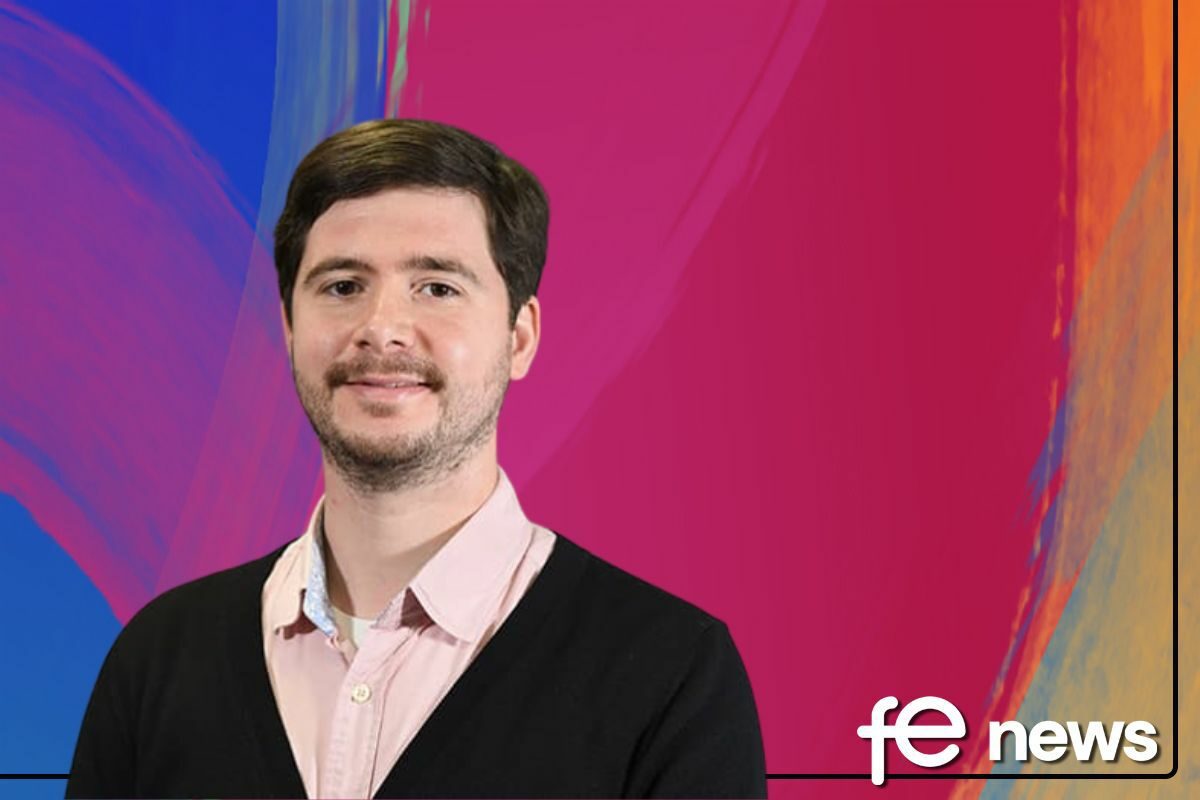We must continue to address the unequal impacts of the pandemic

As colleges and schools have returned to some kind of normality as the COVID-19 pandemic subsides, it is easy to think of its disruption as over. This is particularly the case as wider challenges around funding and staffing become ever more pressing. But we must not forget the effects of the pandemic on young people’s education and well-being cast a long shadow. The continued disruption last academic year, including due to higher than usual staff absence causing short-notice class cancellations, has continued to reinforce immediate effects. Worse, early signs that impacts have widened existing inequalities show no sign of changing.
The first step
The first step to addressing these unequal effects is understanding who is most affected and how much. Findings from the first wave of the COVID Social Mobility & Opportunities (COSMO) study help us to do exactly this. COSMO is a representative study of young people currently in Year 13 (or equivalent) across England. Over 13,000 participants and their parents (to whom we are extremely grateful) reported on their experiences during the pandemic and beyond. This helps us to paint a vivid picture of their lives during this momentum time, including as a baseline for understanding their transitions in years to come. Acting on their messages is vital to continue to inform work across the education sector.
Dramatic differences between state and private schools
Young people’s educational experiences during COVID-19 lockdowns varied a lot. To take one example, we looked at the provision of live online lessons. In the early pandemic, the most dramatic differences were between the state and private sectors. State schools with well-off intakes caught up with private schools in the early 2021 lockdown. But schools with poorer intakes continued to lag behind, likely due to tackling important welfare needs.
And the differences were not only in what schools could offer. Less well-off young people were more likely to report barriers to learning at home. They were less likely to have a quiet space to focus on learning. And they were more likely to use a mobile device or have to share devices to carry out online activities. We also confirmed that those affected by these issues did, indeed, report spending less time on schoolwork during lockdowns.
The disruption to pupils education
Due to this disruption and its variability, concerns about being behind in their learning are widespread. Four in five young people told us that their progress in education had suffered due to the pandemic. And almost half disagreed that they had managed to catch up with the learning they lost. Over a third felt they had fallen behind their classmates. This rises to almost half for those who attended schools with the least well-off intakes.
On top of this, efforts to help students catch up have not reached as many as we would hope. Almost half of young people said they had received no specific catch-up learning at all. Despite the efforts of the National Tutoring Programme, only 27% reported receiving tutoring. And less than a third took up the most available option of extra online classes.
Bringing this together, young people were evenly split on whether they felt prepared for their next step in education or beyond. As a result, it is likely to be even harder than usual to plan courses’ curricula to meet pupils where they are starting. But it is vital to do so in order not to leave behind students such as these.
These are stark messages. And stark inequalities. But only by understanding their extent and planning our response at all levels do we stand any chance of tackling them. Whether or not we think of the pandemic as over, its effects will continue to cast a long shadow, and COSMO will continue to help us to understand this in the years to come.
By Jake Anders, Principal Investigator of the COVID Social Mobility & Opportunities study (COSMO), and Associate Professor and Deputy Director of the UCL Centre for Education Policy & Equalising Opportunities (CEPEO).











Responses